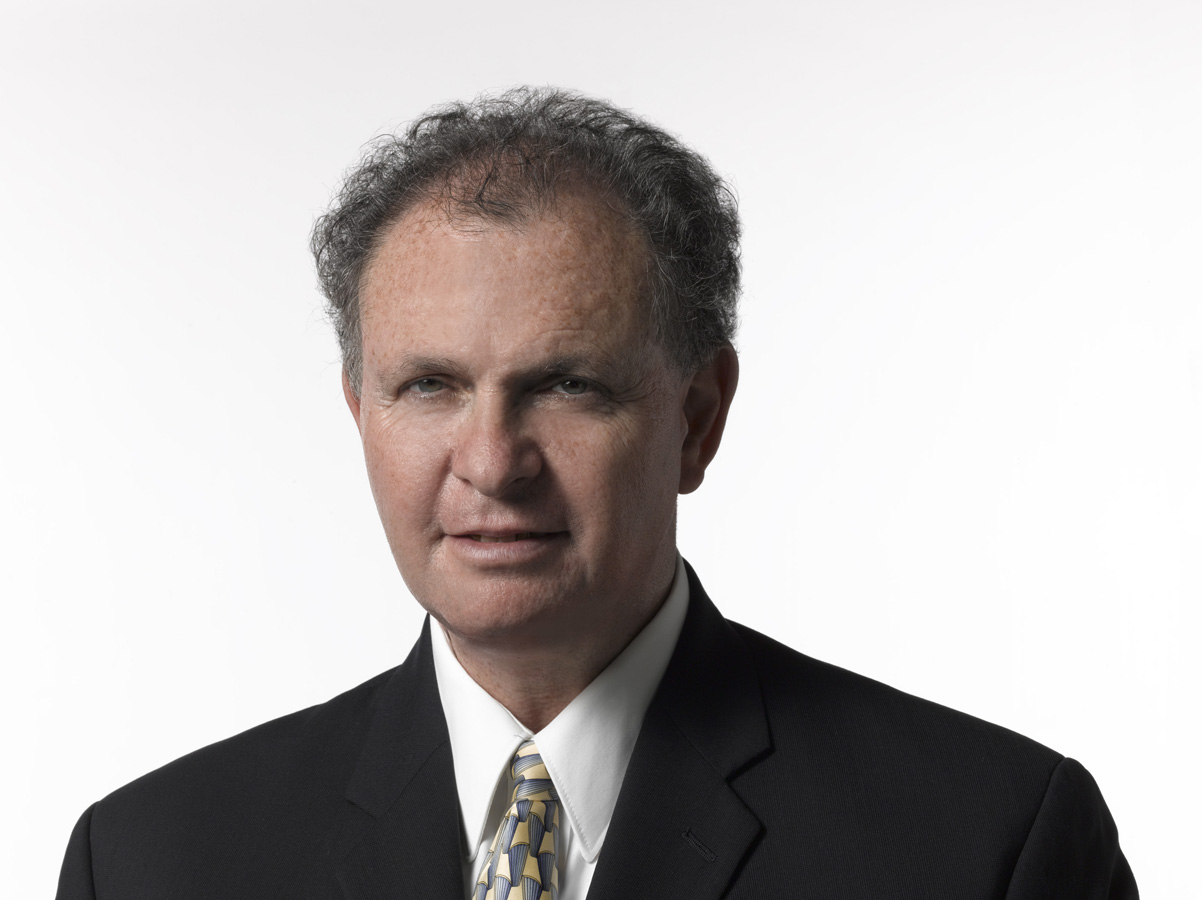Reviewing media coverage of the 76th anniversary of the Auschwitz-Birkenau’s liberation, I was gratified to see leaders from around the world warning against the dangers of ideological extremism.
The combination of violent nationalism, white supremacy, and expanding intolerance creates a powder keg that we ignore at our peril.
One of the most salient commentators was Pope Francis. Pointedly using the Hebrew word Shoah, the Pope said: “To remember also means being careful because these things can happen once again.”
In its commemoration of International Holocaust Remembrance Day, the U.N. urged member states to prioritize education. Indeed, education underlies the universal protest cry: Never again.
Education is essential to cancel propaganda, the original form of fake news. Through propaganda, scapegoating minorities replaces rational state policy, revives old grudges, and appeals to divisive mentalities. The steps between scapegoating vulnerable groups and perpetrating massive victimization are few and narrow.
The best prevention, unquestionably, is education.
While superb Holocaust education programs exist on Long Island and internationally, collectively they do not reach enough young people. According to a survey last fall of people aged 18-39, nearly two-thirds of young adults are unaware that 6 million Jews died during the Nazi genocide.
Nearly a quarter of those surveyed thought the Holocaust was a myth. Especially chilling is the fact that more than one in 10 blame Jews for causing the Holocaust. (The survey was commissioned by the Conference on Jewish Material Claims Against Germany.)
In a world where Holocaust deniers persist in spreading their falsehoods, consistently circumventing social media’s half-hearted attempts to impose rules of transparency and truthfulness, education matters more than ever. Tolerance is inevitably the first victim of extremism, so its advocates must be resolute if Holocaust Education is to become universal.
It is widely agreed that the most effective Holocaust teachers are survivors. For decades, survivors have recorded their testimonies and spoken in classrooms and other forums, reaching millions of people – but not everyone.
They do this at enormous emotional expense, forcing themselves to publicly relive incidents of unspeakable misery and unbearable grief. Yet speak they do, and their witnessing repudiates the deniers. “Yes,” they say to the ages. “All this horror happened. And much, more more.”
Today, the youngest of those who escaped Hitler’s tortures are offering their final testimonies and addressing their last audiences. Their poignant memories constitute the greatest weapon against intolerance. Their voices, frail with age but resonant with purpose, should be heard by every young person in this country.
According to the U.S. Holocaust Memorial Museum, only 16 states in the U.S. require Holocaust education in their secondary-school curricula.
If you believe in universal Holocaust education, contact your school district leadership as well as your representatives in state government. Tell them that Holocaust education is essential to an informed democracy.
The survivors have spoken. The burden is on the rest of us to ensure that their voices are heard.
Warren Strugatch
Stony Brook



